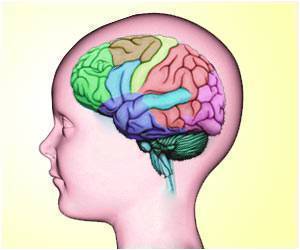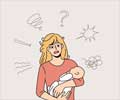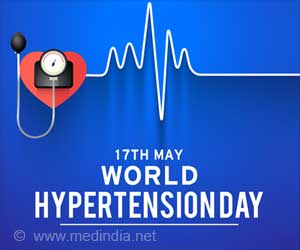- Sudden infant death syndrome (SIDS) is the sudden, unexpected and unexplained death of an apparently healthy baby
- Swedish snuff is an oral moist powder and contains equally high levels of nicotine as cigarettes, but no combustion products
- Maternal snuff use and smoking in early pregnancy were associated with increased risks of post neonatal mortality, SIDS
The Effect of Snuff on Pregnancy
It is a commonly known fact that smoking during pregnancy is a risk factor sudden infant death. However, little research has been done on snuff and other nicotine products. To address this, the researchers conducted a registry study comprising over two million babies born in Sweden between 1999 and 2019. During this time, only two out of 10,000 babies suffered sudden infant death, which is when death occurs suddenly for no apparent reason during sleep.When registering for maternal care, just over one percent of the mothers took snuff and seven percent smoked. Taking snuff while pregnant was associated with a 70 percent increase in the risk of infant death during the first year, regardless of cause, and a three-fold increase in the risk of sudden infant death. The risks associated with taking snuff were comparable to moderate smoking (one to nine cigarettes a day). The highest risks were associated with smoking over ten cigarettes a day (1✔ ✔Trusted Source
Association of maternal snuff use and smoking with Sudden Infant Death Syndrome: a national register study
Go to source).
Say No to Nicotine During Pregnancy
Quitting the habit of snuff and cigarettes early on in pregnancy before the first appointment at the antenatal clinic lowered the risk when compared with continued use.Swedish snuff is high in nicotine, but unlike cigarettes does not contain any combusti products. This is the reason it is considered, like vaping and other such nicotine products, to be much less harmful to one's health.
“Given the dramatic rise in the use of snuff among young women of fertile age in Sweden over the past few years and the growing popularity of e-cigarettes, women need to be informed of the potential risk to fetuses and infants. Our study indicates that nicotine is a risk factor of sudden infant death, so we conclude that all types of nicotine products should be avoided during pregnancy,” says Dr Gunnerbeck.
About Sudden Infant Death Syndrome
Maternal smoking is one of the most important preventable risk factors for infant morbidity and mortality and is associated with increased risk of Sudden Infant Death Syndrome (SIDS). Another modifiable risk factor is sleeping position.SIDS is a cause assigned to infant deaths that cannot be explained after a thorough case investigation including autopsy, a scene investigation and a review of clinical history. Due to more advanced forensic techniques in recent years, there has been a diagnostic shift in many countries with increased reporting of accidental suffocation and strangulation in bed and a subsequent decline of reported cases of SIDS.
Other Possible Reasons for Sudden Infant Death
Researchers were able to adjust for a number of important potential risk factors of sudden infant death, such as socioeconomic status and the age of the mother. However, the researchers are unable to establish any causal relationships, since unknown factors might have impacted the results.It is difficult to separate the risk for the fetus associated with snuff and smoking from exposure to cigarette smoke and nicotine in the breast milk after the baby is born. Furthermore, mothers who stopped smoking or taking snuff early on in their pregnancy might also have resumed the habit later. The researchers had no information about how much snuff was consumed during pregnancy or what dose of nicotine cause harmful effects.
Reference:
- Association of maternal snuff use and smoking with Sudden Infant Death Syndrome: a national register study - (https://www.nature.com/articles/s41390-022-02463-4)
Source-Medindia
















